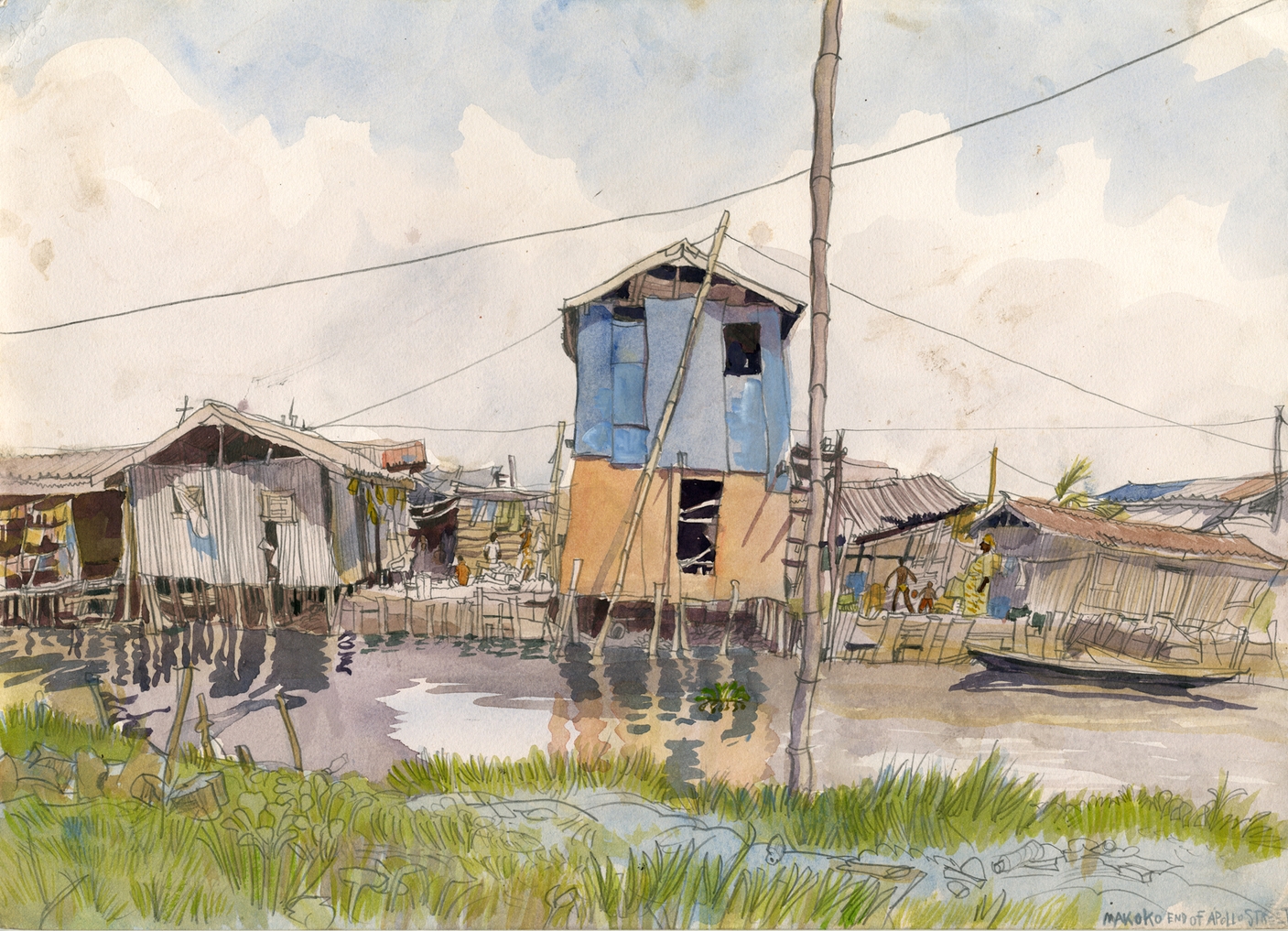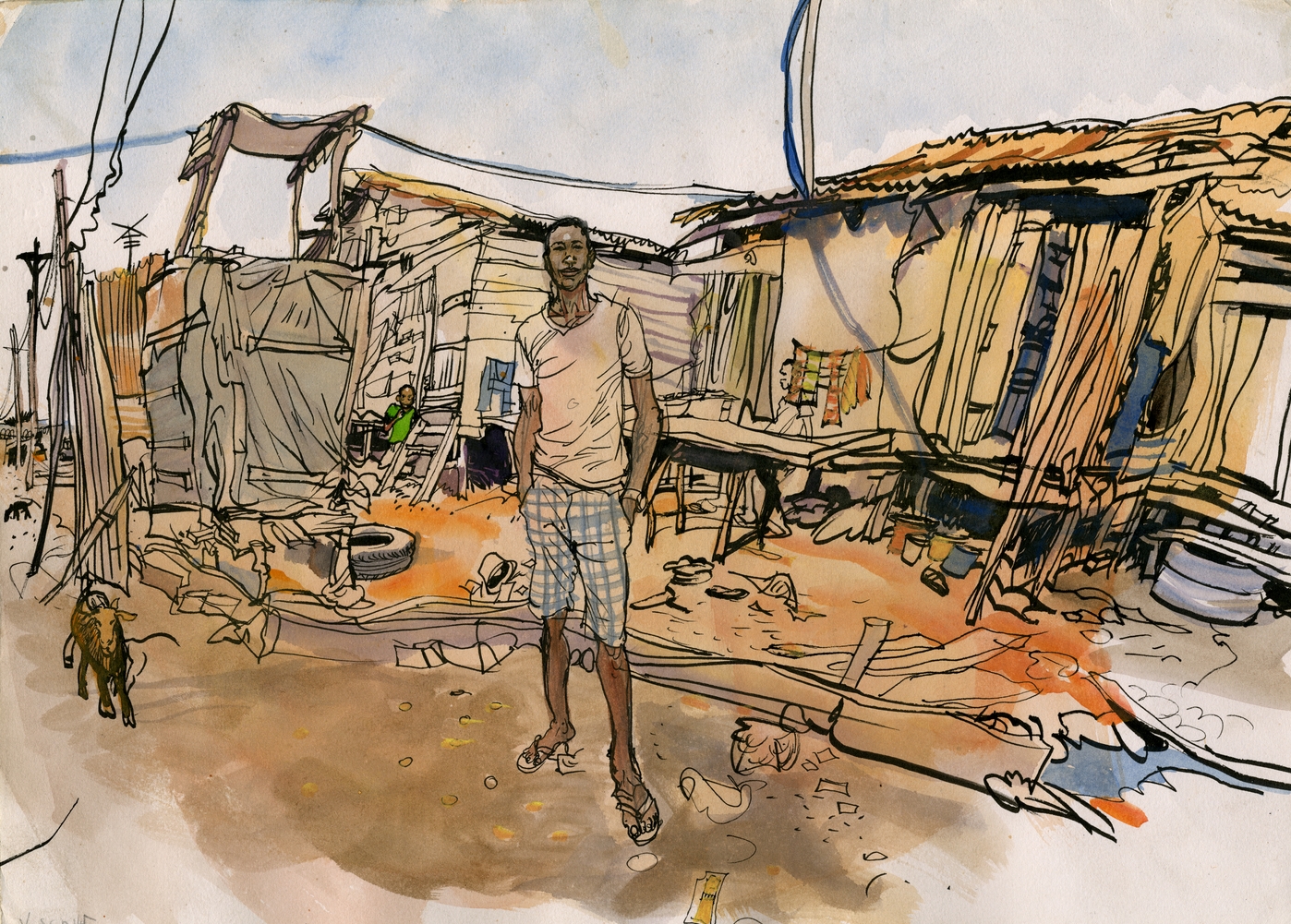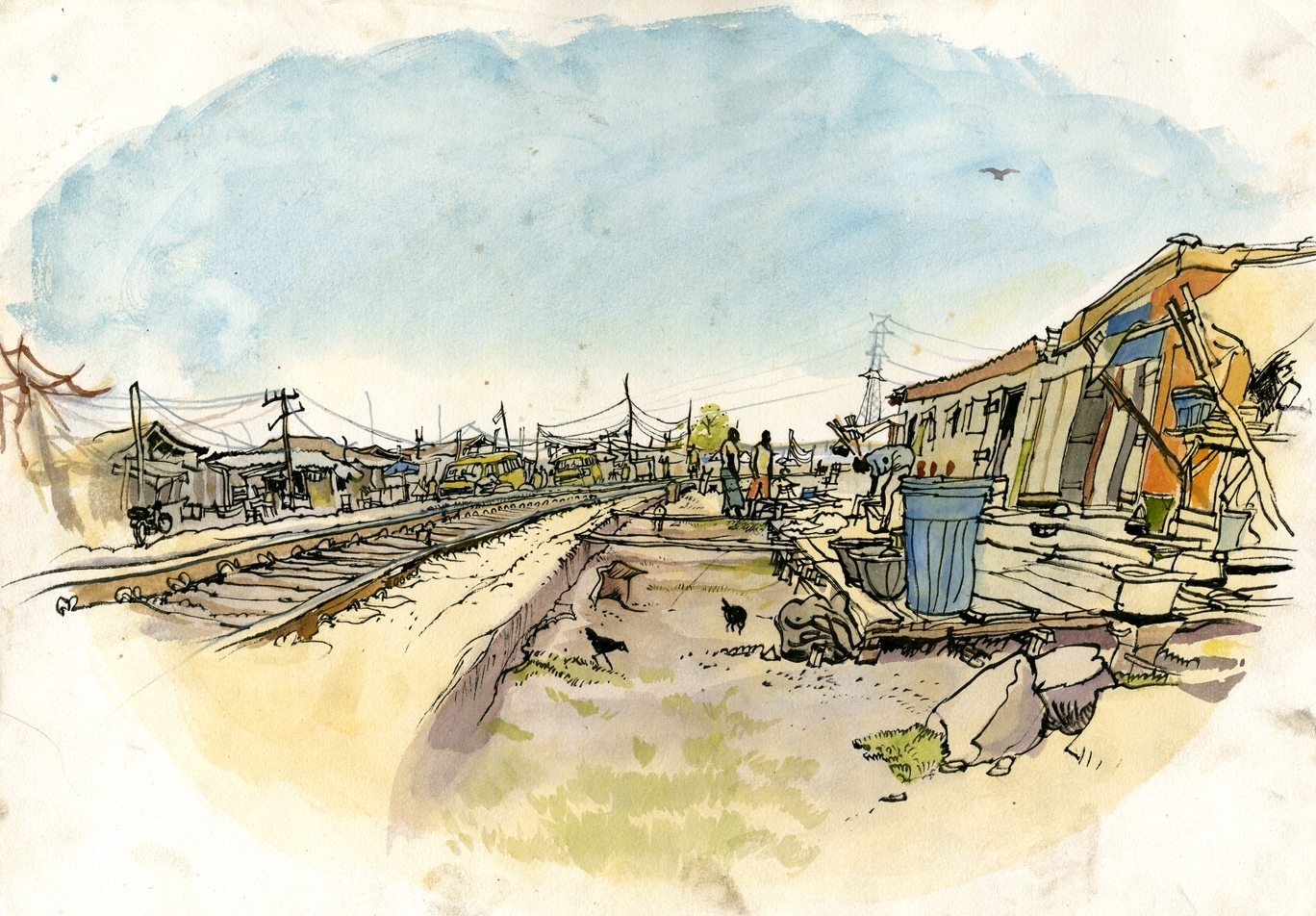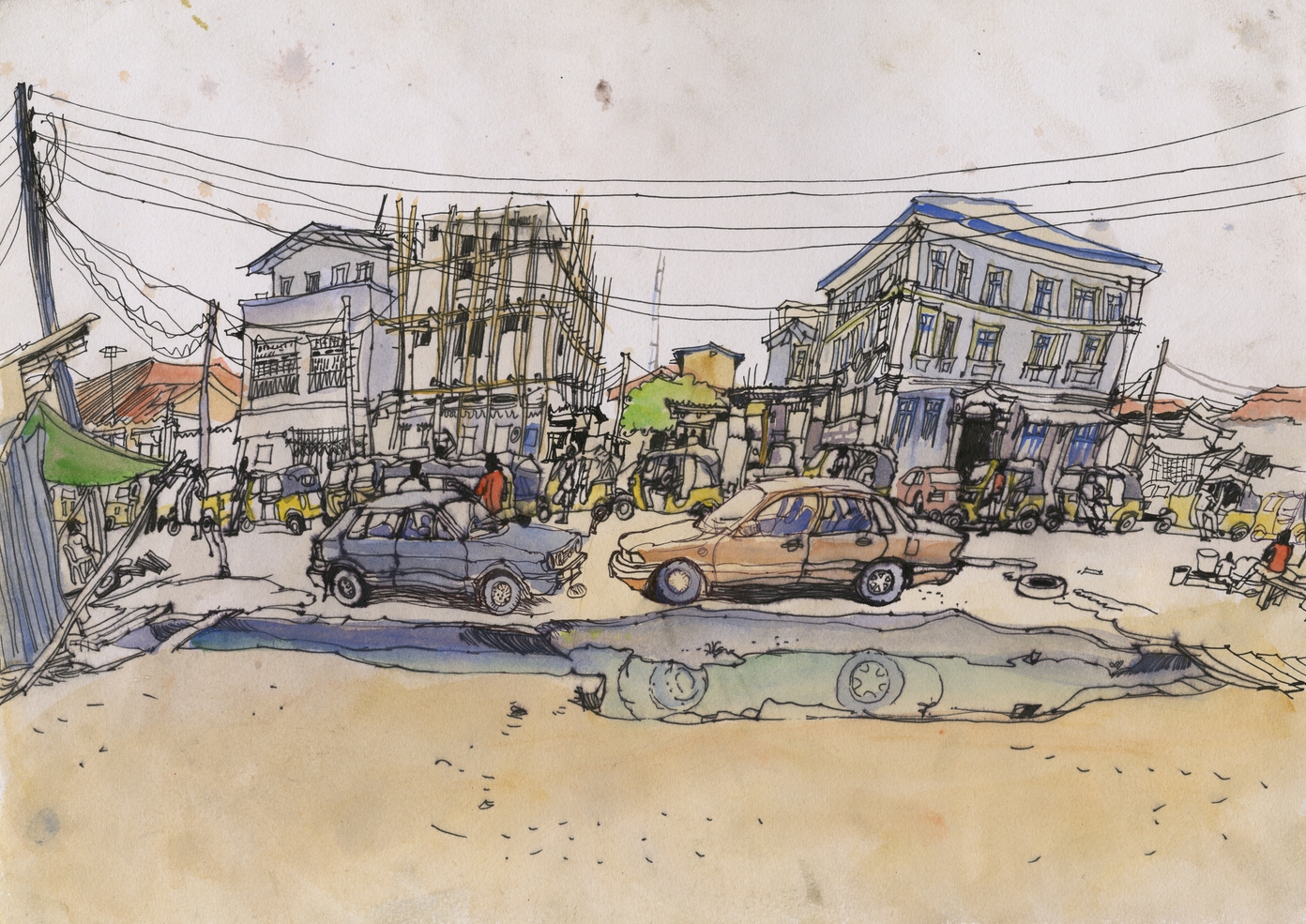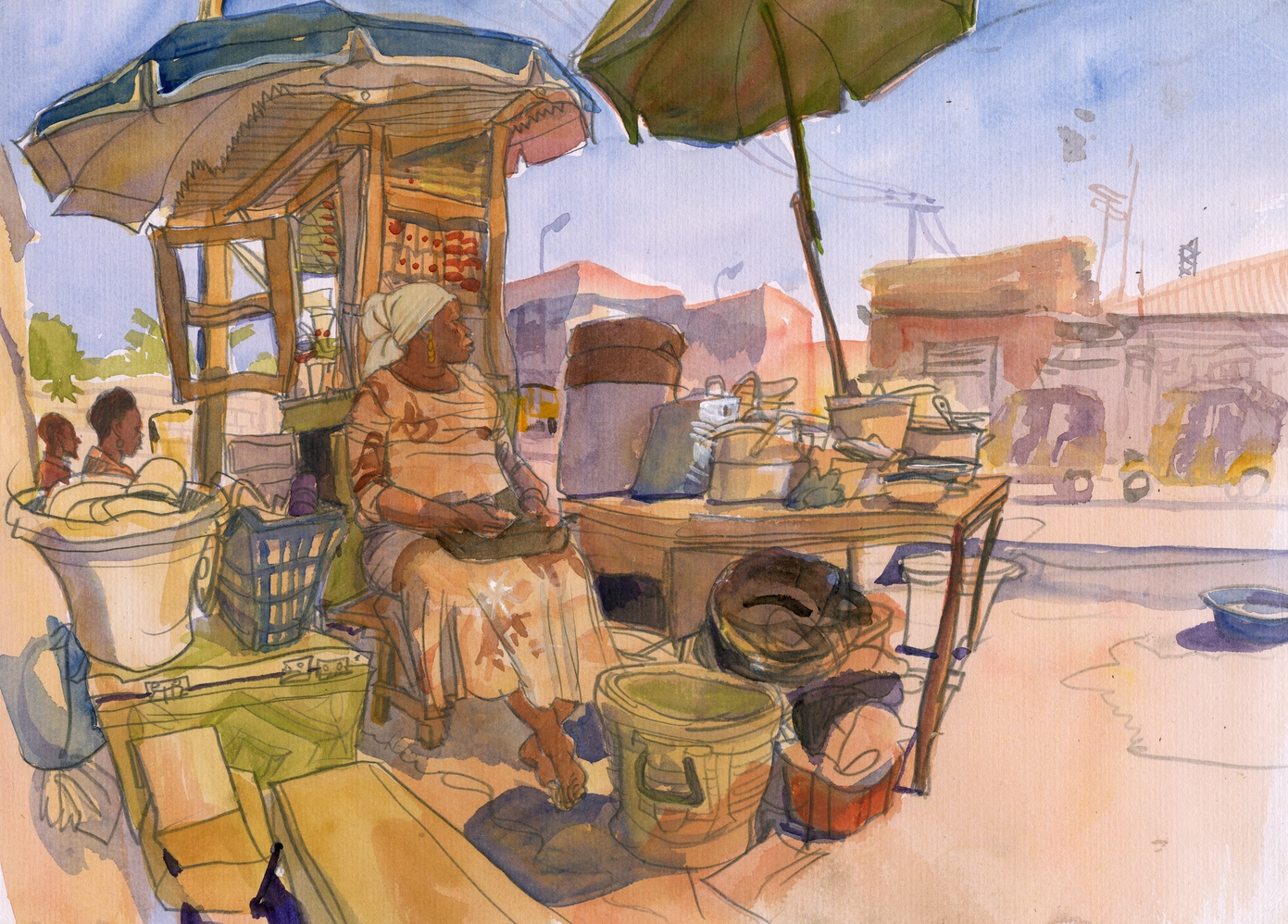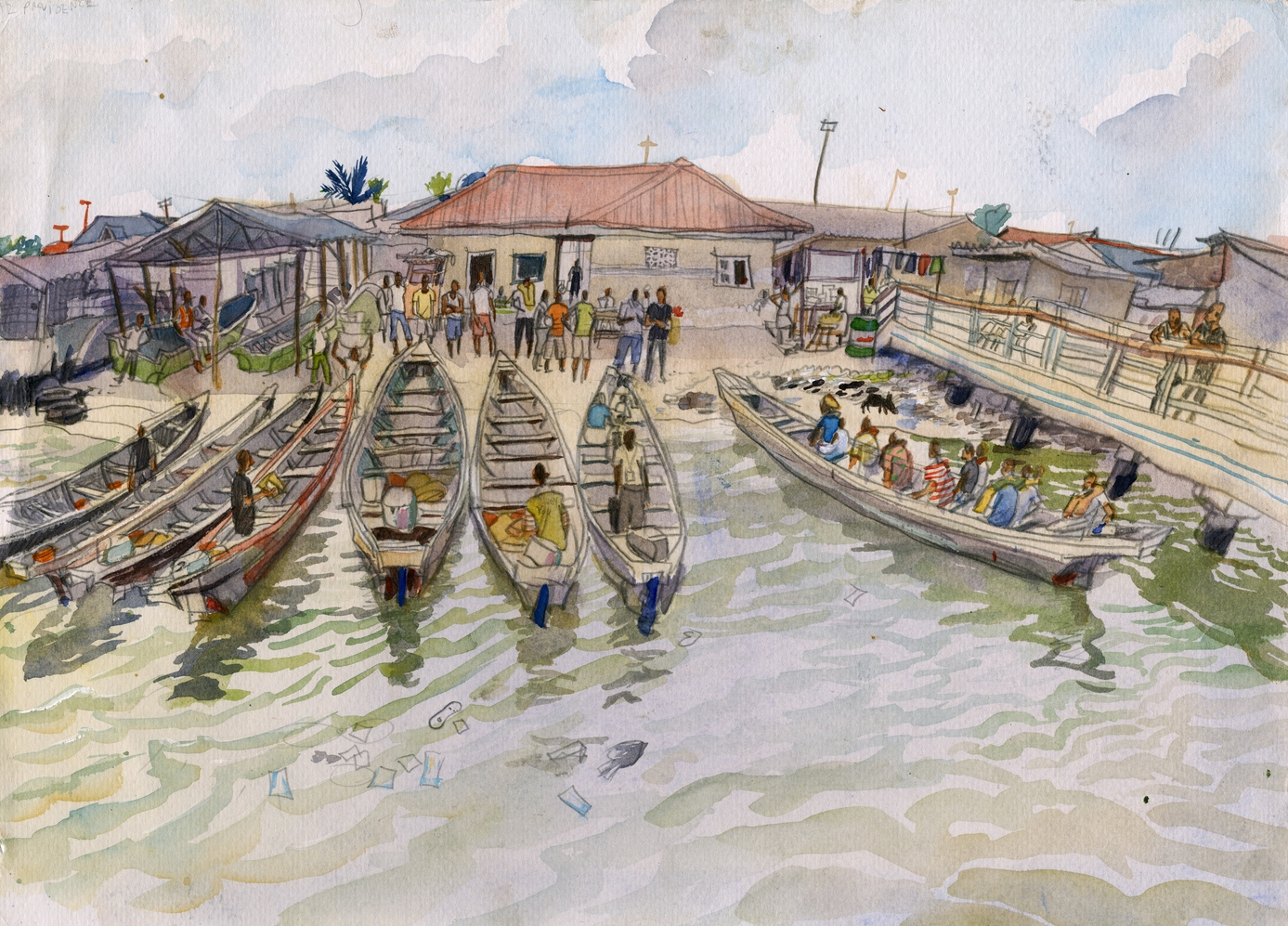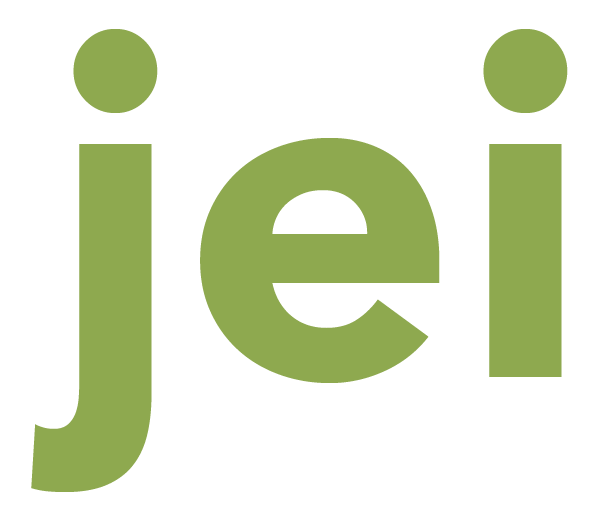where we work
For decades, Nigerians have learned to survive without any expectation of justice, good governance or public goods (such as electricity, water, security). Lifetimes of experience have also taught ordinary citizens the resounding lesson not to fight the powerful, from Government to other “Ogas at the top”. The effects are felt across society, but nowhere more than in poor or otherwise marginalized communities where survival too often means living with compromised leadership, corruption, and pervasive injustice. For these communities, forced eviction, displacement, land grab, environmental degradation, police extortion and harassment, and other rights violations have become a part of daily life. Meaningful participation in political processes and access to justice are limited by myriad factors such as cost, education, location, and everyday corruption – compounded by a prevailing legal/justice system that is adverse to the rights of the poor.
What results is pervasive distrust of government, and a lack of faith in rights and accountability mechanisms and belief that the poor do not have a role to play in governance. The positive flip-side of this is the tenacity and resilience of poor communities to provide for themselves, where possible – through local-level governance, community-led and financed development initiatives (e.g. provision of water, electricity, sanitation, roads, and security), and alternative means of settling disputes and justice problems. JEI builds on such local resilience and the power of collective voice to strengthen the capacity of poor and marginalized communities to hold the powerful accountable from the bottom up, and create spaces and opportunities for the participation of poor in urban governance and development.
JEI supports poor and marginalized communities across Nigeria from its offices in Lagos located at 310 Herbert Macaulay Way, Sabo-Yaba, and in Port Harcourt located at 4 Okeh Street, Ogunabali. Come visit us any time!
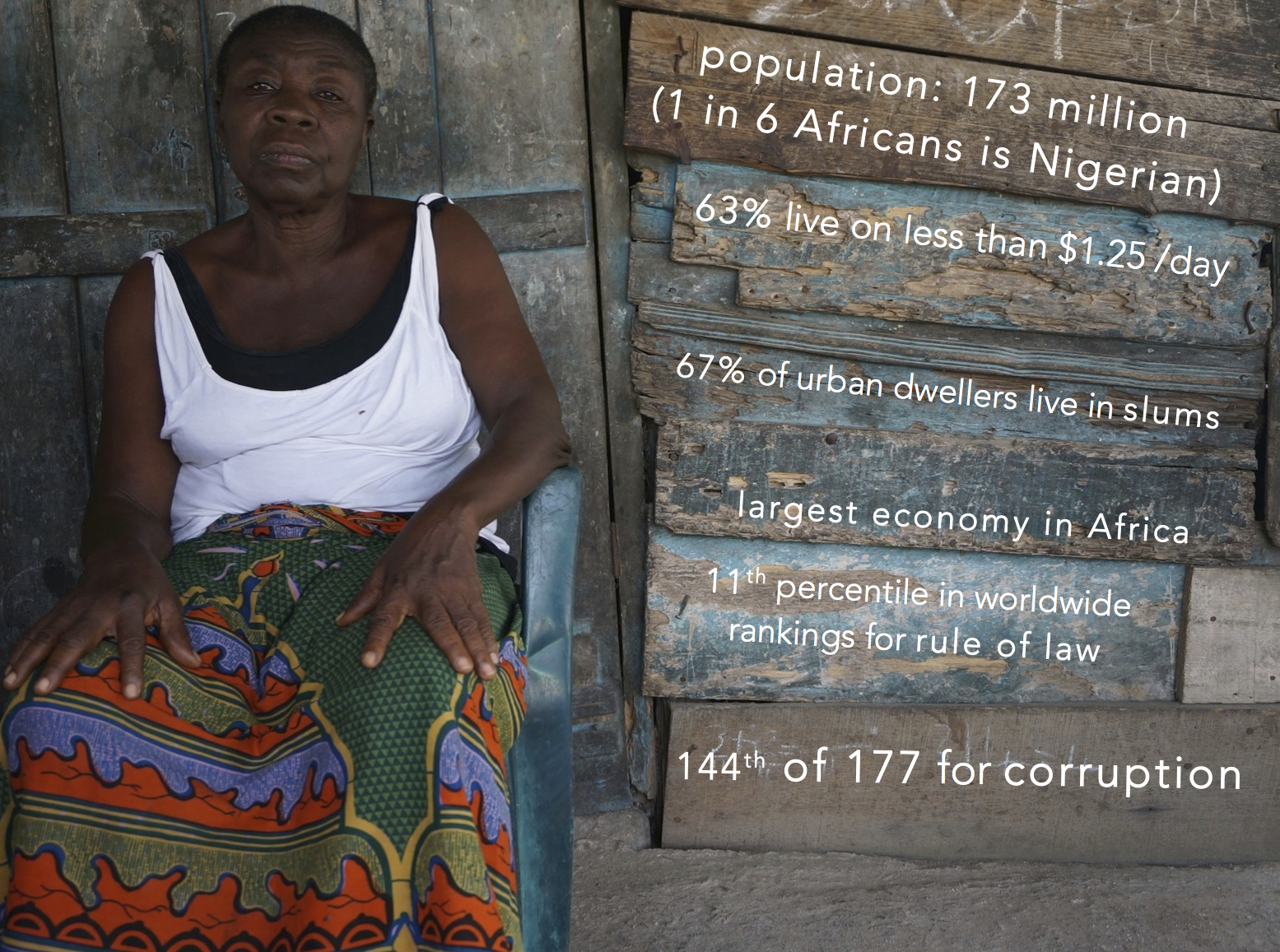
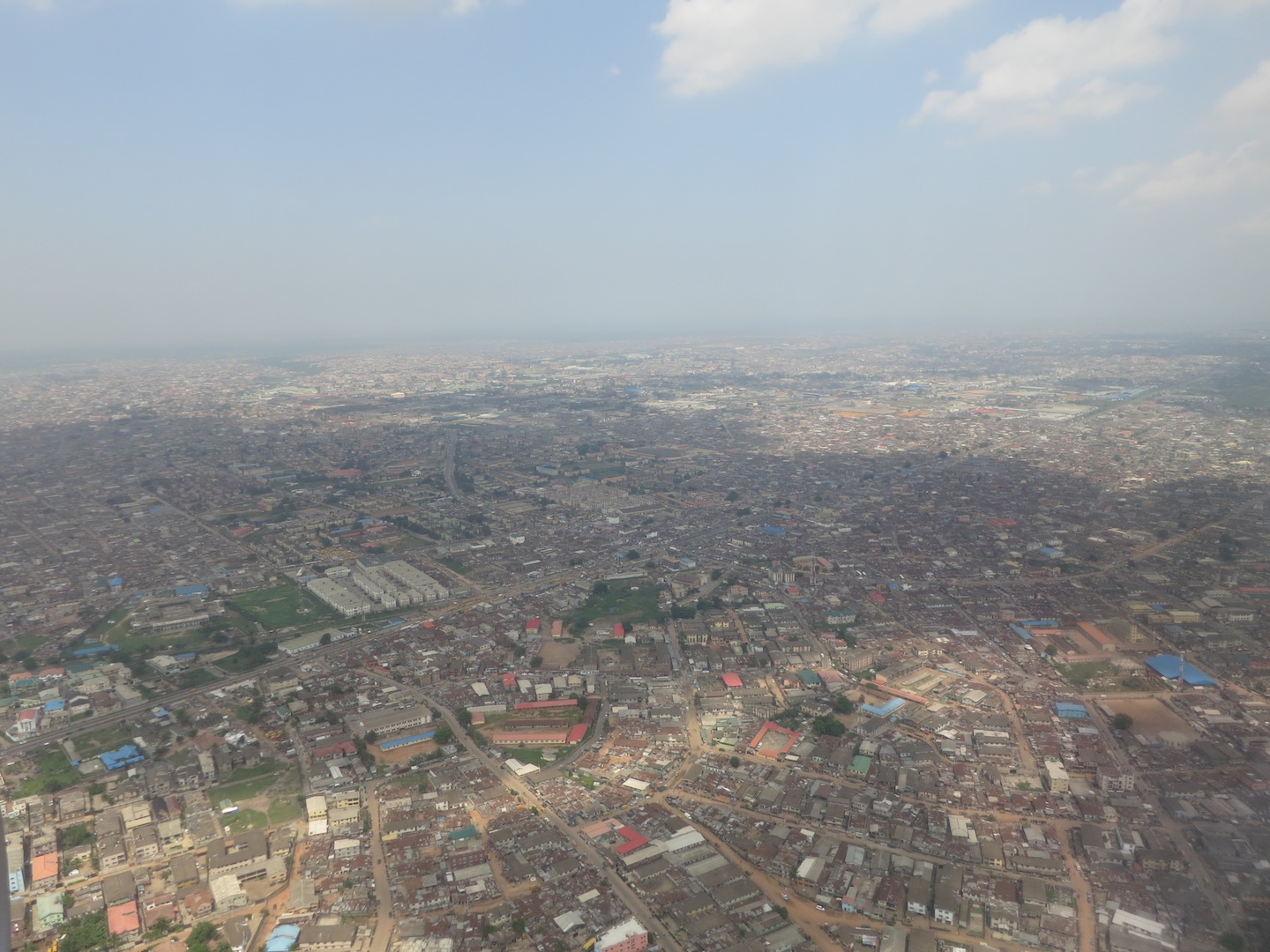
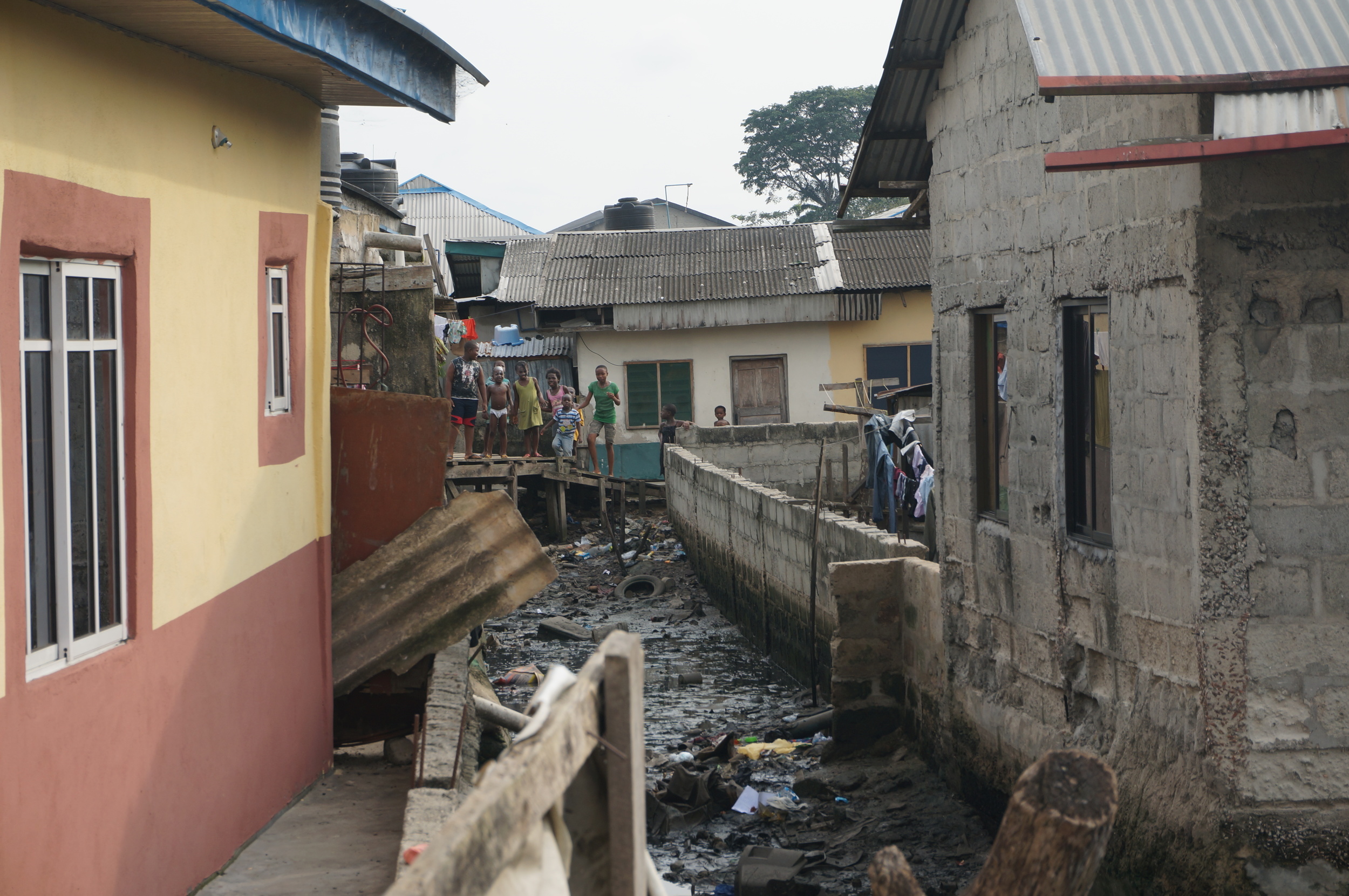
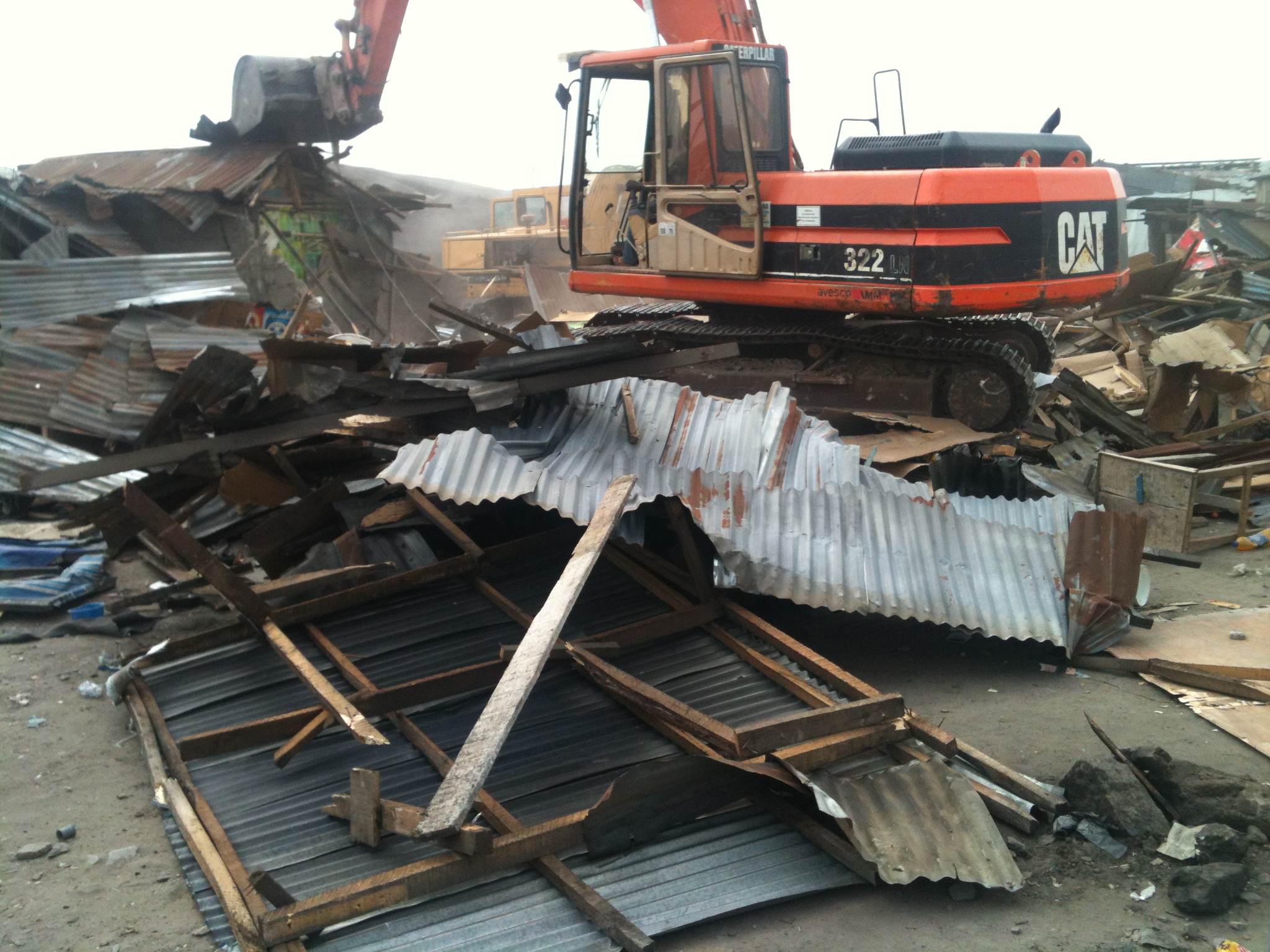

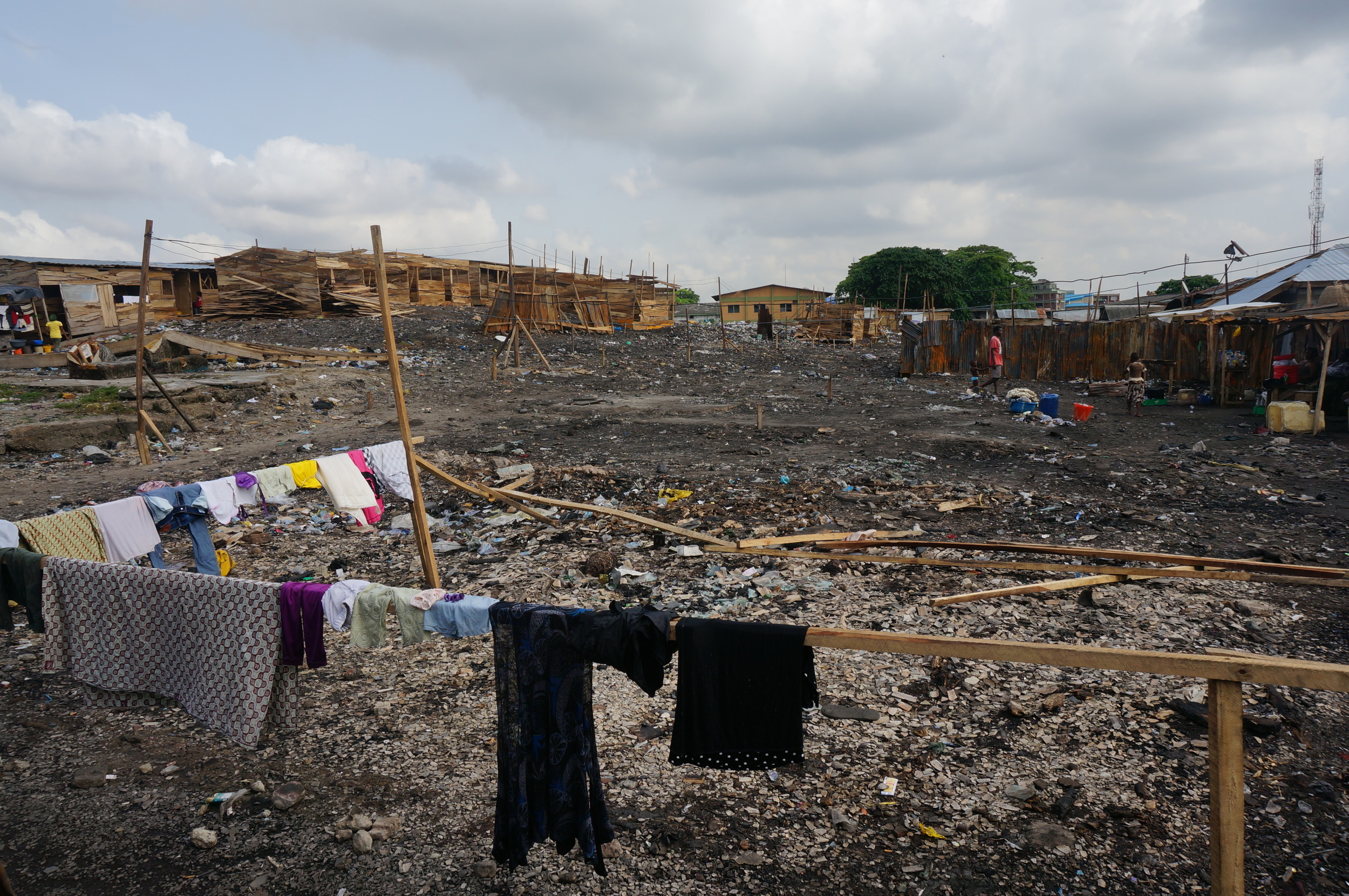
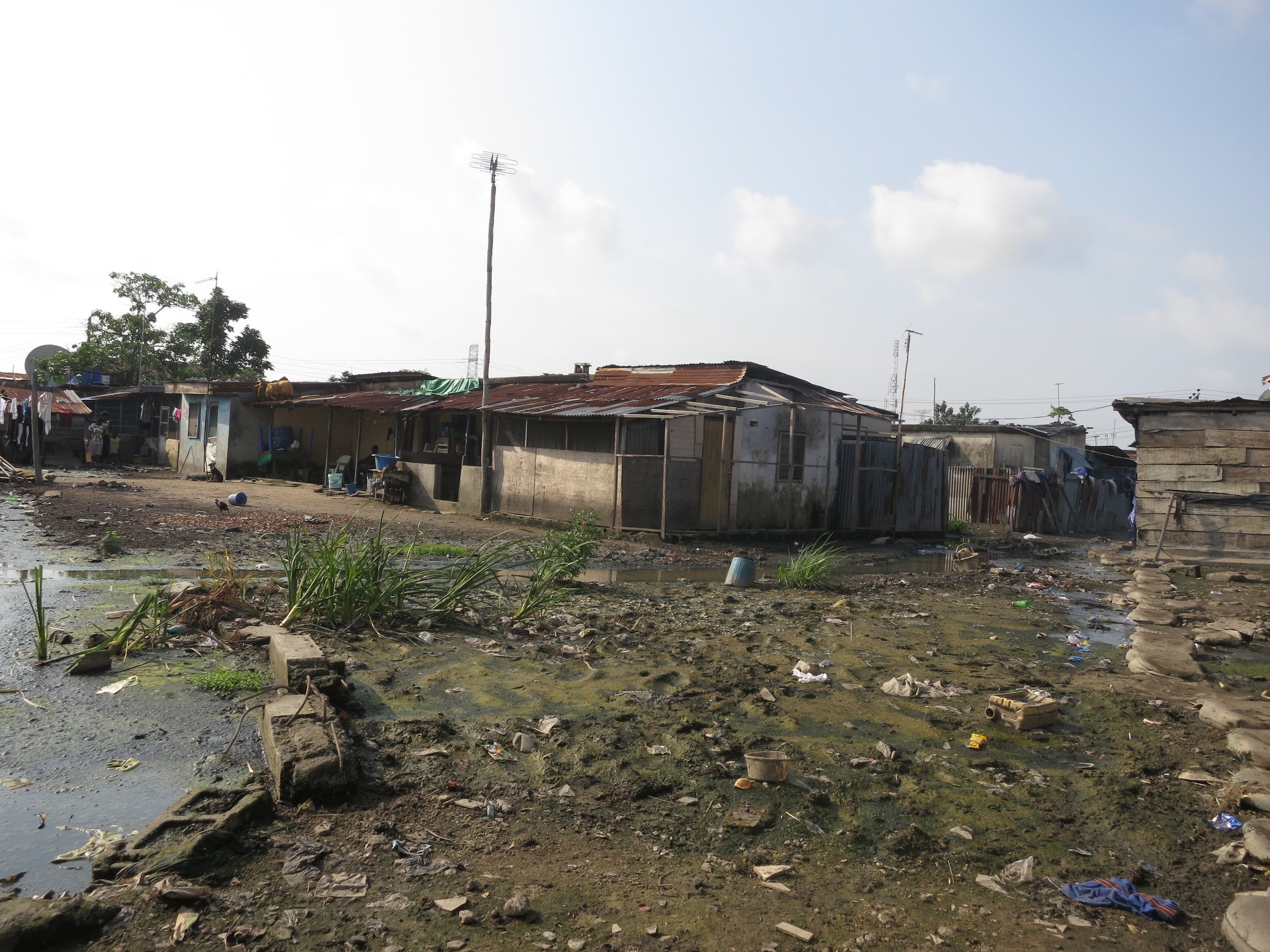
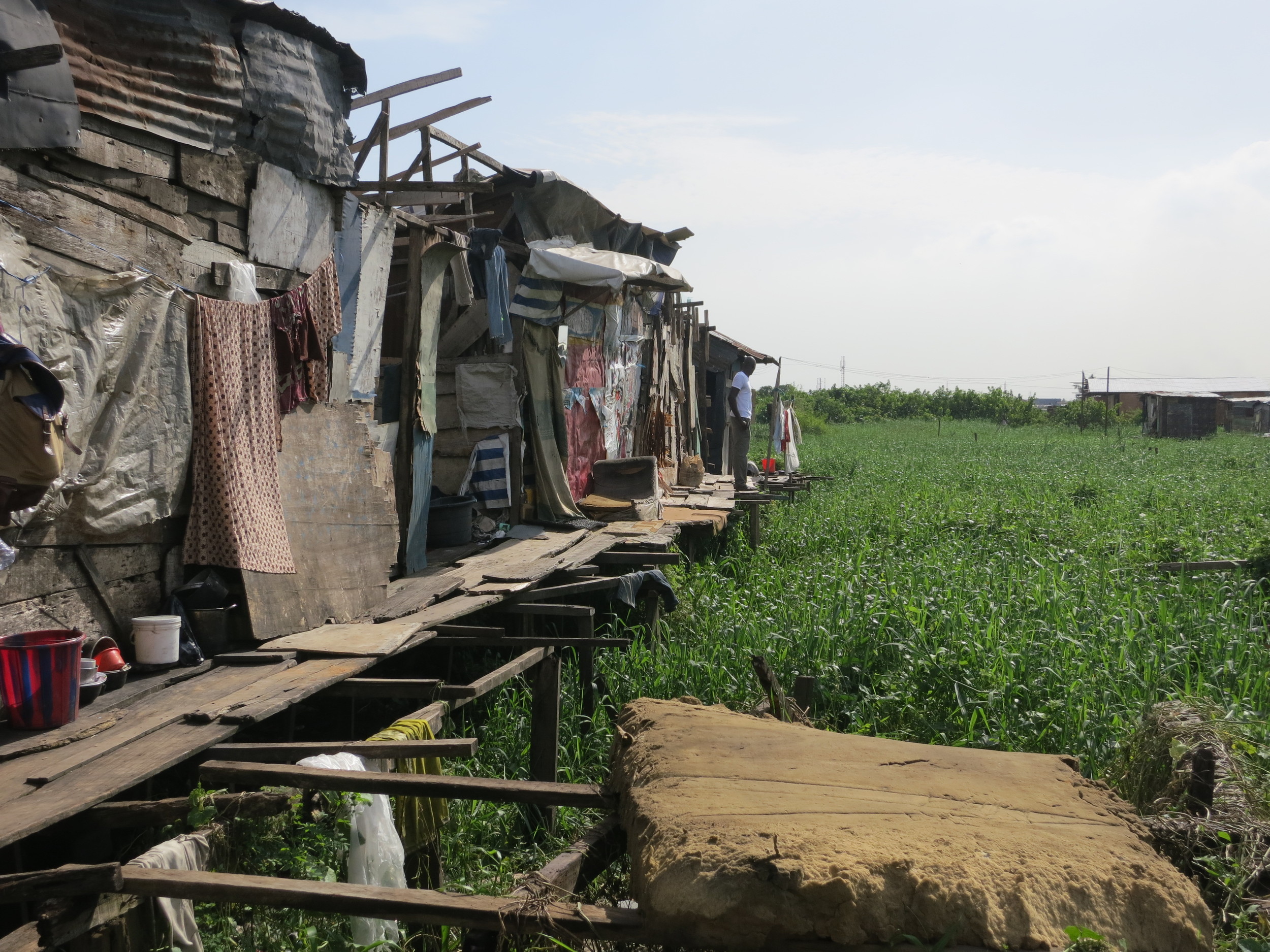

Changing the narrative around urban "slums"
Slums are informal settlements in urban centers. They are often over crowded and dirty, due to lack of infrastructure and government services, like waste collection. However, slums are also dynamic and full of life -- from homes to restaurants, to schools, to barber shops, to markets, and so much more. Through our work, JEI seeks to change the narrative around urban slums, so that more people have a more complete understanding of slums, including the challenges and opportunities that they present.
In late 2013, french artist Emmanuel Prost took up residence in Ebute Metta, Lagos, and set out to capture common scenes of Lagosians and the communities in which they live. Below is a selection of his work depicting member communities of the Nigerian Slum / Informal Settlement Federation that JEI supports -- including Makoko, Badia East, Sabo Kodji, Bishop Kodji, Otto Ilogbo, and many more. See more of Emmanuel Prost's work here.
